World Bank announces a competition to help restore landscape in the Aral Sea region
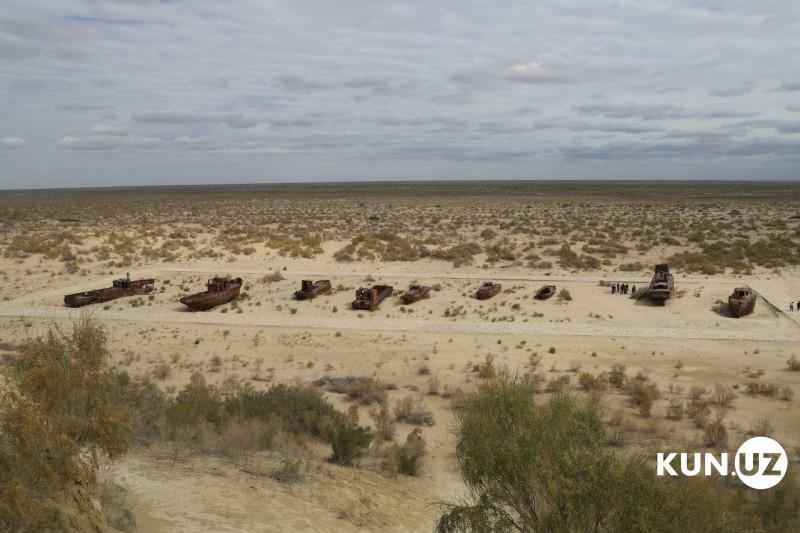
Photo: KUN.UZ
The World Bank, in partnership with the Global Landscapes Forum (GLF), the Kazakh-German University (DKU) and Plug and Play (P&P), is calling for proposals from innovators around the world to participate in the “Global Disruptive Tech Challenge 2021: Restoring Landscapes in the Aral Sea Region”. The project is supported by the Central Asia Water and Energy Program (CAWEP) and will inform the World Bank Resilient Landscape Program in Central Asia (RESILAND CA +), the bank said in a statement.
Until the 1960s, the Aral Sea was the fourth-largest lake in the world. Nowadays, it has almost disappeared due to more than 30 years of overuse of its water resources to grow water-intensive crops, such as cotton and rice. This disaster has had a catastrophic impact on the Central Asian states’ environment, their economies, as well as the well-being and health of millions of people in the region. The Aralkum Desert, which has developed on the former seabed and covers an area of 5.5 million hectares, has significantly exacerbated these impacts, affecting both Kazakhstan and Uzbekistan.
Several areas in Central Asian countries are also suffering from desertification and land degradation. Which, in turn, is negatively affecting the overall productivity of crops, livestock, and living standards of the local population.
Thanks to measures taken by the governments of Uzbekistan and Kazakhstan to mitigate the environmental consequences of the disaster since the mid-2000s, some life has returned to the Aral Sea. Now, innovative technologies can help speed up the restoration process. With the support of the CAWEP funded by the European Union, Switzerland, and the United Kingdom, the World Bank is organizing the Disruptive Tech Challenge 2021 for landscape restoration in the Aral Sea region. The project is carried out jointly with the GLF, Plug and Play, and DKU.
The Challenge will help attract disruptive and innovative solutions that will be used to mitigate the negative impacts on the local ecosystems in the Aral Sea region of both countries. It is also addressing the need for economic growth and sustainable development in watershed landscapes and will promote scalability in other areas of Central Asia with similar landscape degradation issues.
Central Asian and international NGOs, educational and research institutions, start-ups and innovators are invited to share their innovative solutions to help the environment and people in the Aral Sea region and in Central Asia.
The key focus themes of the Challenge are: Agriculture and Land Management, Sustainable Forestry, Socio-Economic Development, and Information and Knowledge.
Proposed solutions should be beyond the concept stage and must meet the established criteria, such as demonstrate a potential for scaling-up and have an indicative implementation road map, among other criteria.
The application period for the Challenge closes on 15 January 2021. All proposals must be submitted in English. In February 2021, shortlisted candidates will receive support and training to fine-tune their solutions and strengthen business, communication, and leadership skills in a Pre-Challenge Bootcamp. Following the training program, the finalists will pitch their solution during the Challenge Day. The final winners will receive recognition and awards, including thematic training sessions and a mentoring program from February to June 2021.
Recommended
List of streets and intersections being repaired in Tashkent published
SOCIETY | 19:12 / 16.05.2024
Uzbekistan's flag flies high on Oceania's tallest volcano
SOCIETY | 17:54 / 15.05.2024
New tariffs to be introduced in Tashkent public transport
SOCIETY | 14:55 / 05.05.2023
Onix and Tracker cars withdrawn from sale
BUSINESS | 10:20 / 05.05.2023
Latest news
-
New wind power plant to be built in Tashkent region
SOCIETY | 21:21 / 04.07.2025
-
Shavkat Mirziyoyev holds talks with Shehbaz Sharif, discusses strengthening Uzbekistan-Pakistan strategic partnership
POLITICS | 19:04 / 04.07.2025
-
Senate of Uzbekistan signs cooperation program with UN Population Fund
POLITICS | 19:02 / 04.07.2025
-
Shavkat Mirziyoyev calls for end to violence in Gaza, urges recognition of Palestinian state
POLITICS | 17:31 / 04.07.2025
Related News
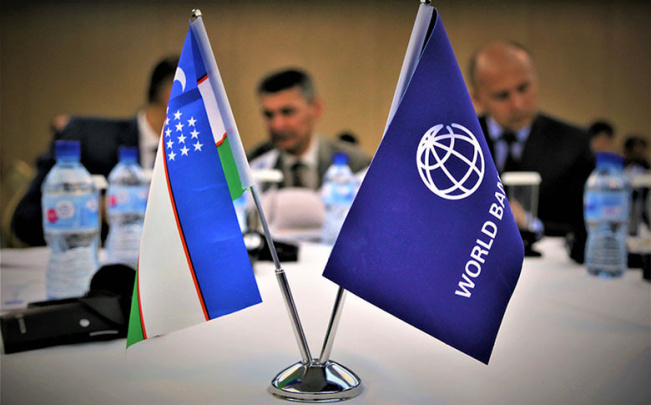
17:16 / 02.07.2025
World Bank: Uzbekistan needs more exports, less state control to sustain growth
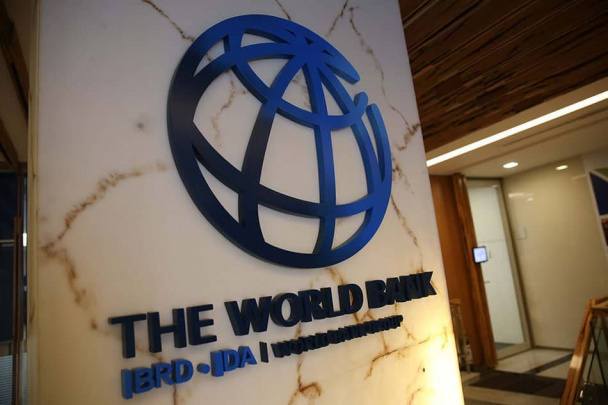
13:03 / 25.06.2025
World Bank provides $150M loan for Uzbekistan’s small hydropower expansion
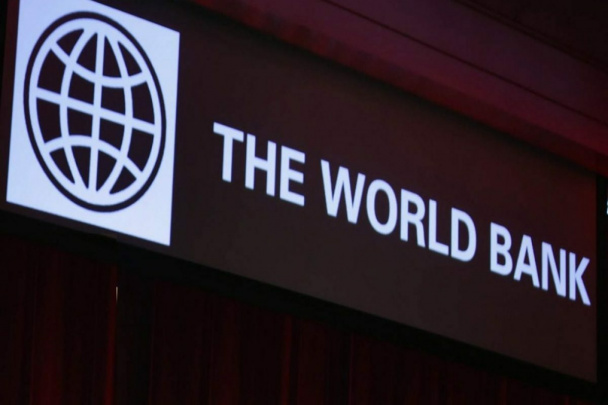
20:13 / 12.06.2025
World Bank raises Uzbekistan’s 2025 growth outlook amid regional slowdown
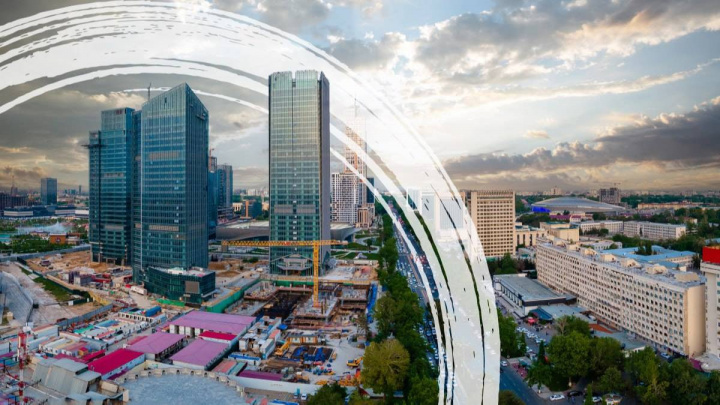
15:10 / 21.05.2025



